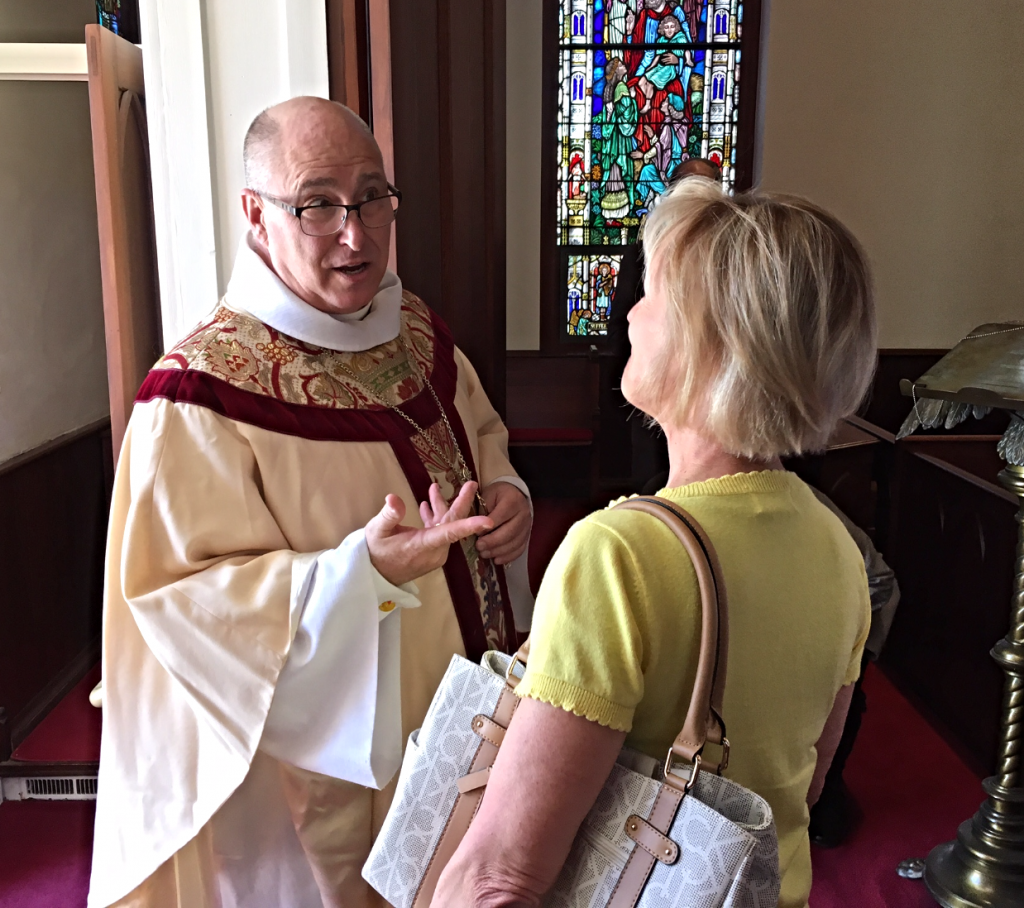The economy in West Virginia lags behind many other states and has seen tax revenues decline precipitously as coal production has declined. On top of this, other issues such as the opioid crisis and an older-than-average population, and devastating floods last year have strained the abilities of communities to meet their citizen’s needs. In 2016, Jim Justice was elected governor largely on promises to reverse the long term decline largely through investments in infrastructure and education. However, the state legislature has instead been working to drastically cut state services, including deep cuts to local schools and Medicaid and a budget crisis is now looming over the state (full disclosure; the Cafe is a West Virginia corporation).
In the capitol Charleston, yesterday, faith leaders gathered to share their concerns about legislative-led efforts to shift the tax burden to lower and middle income residents (by eliminating the income tax for an increased sales tax, for example) and to reduce the availability of healthcare to low income residents.
“This is an absolutely crucial time for our state,” said Smith
“There are negotiations happening, oftentimes behind closed doors, and one thing that we felt was necessary and that we’ve been trying to contribute to this process is to have more voices of everyday citizens, more voices of faith leaders and community leaders who will feel the impacts of whatever budget compromise is reached,” Smith said.
Speakers Tuesday raised objections to early budget proposals, including a bill that Gov. Jim Justice vetoed that would have cut state spending by more than $180 million, including a $50 million cut to Medicaid that Perry Bryant, former president of West Virginians for Affordable Health Care, said would have cost the state up to $185 million of federal Medicaid matching funds.
“Those cuts were far more severe than most people understand,” he said.

